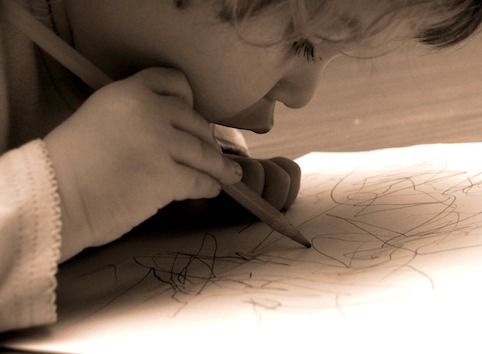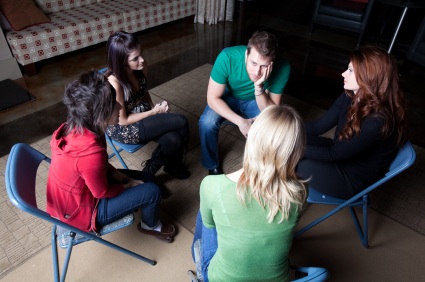Speak the truth without blame or judgement
Posted by Collaborative Counseling
Do you find it hard to speak the truth or to not blame others? Will you sometimes speak the truth but it comes out harsh and critical? Have you struggled to communicate difficult truths or complaints? Do you avoid situations you believe may involve conflict?
Many people find themselves struggling to find ways to speak the truth with kindness. Often problems and conflicts only become worse when we avoid facing them. Issues also can become worse if we confront issues or concerns in a harsh or accusing way. If people make it personal with blame and judgment, it doesn’t help and it creates more barriers.
How do I speak my truth?
The best way to confront difficult truths is to be clear, kind and honest. Here are some questions to help you in considering how to speak your truths:
- Ask yourself, “What is my truth?”
- How can I speak this truth without blame or judgment?
- What is at the heart of this concern? Why is this important to me?
- What is my request? (This is critical, you must be clear on what you are asking for and how you want things to be different. Feedback without clear requests often do not lead to future change.)
- How can I deliver this message with love?
It is important to remember honesty and truth are NOT about bludgeoning someone with the truth. Try to believe the best in the person you need to communicate the difficult truth to and remember most breakdowns are not intentional.
When people start telling the truth to each other, things are illuminated, and it creates a sense of openness. So open up your own heart and begin to speak your truth without blame and without judgment.
We challenge you to practice asking yourself the questions above before delivering difficult truths. You will find yourself having better relationships with others and you will feel lighter, freer and happier!
Read More

 View Our Locations
View Our Locations Request Appointment
Request Appointment





